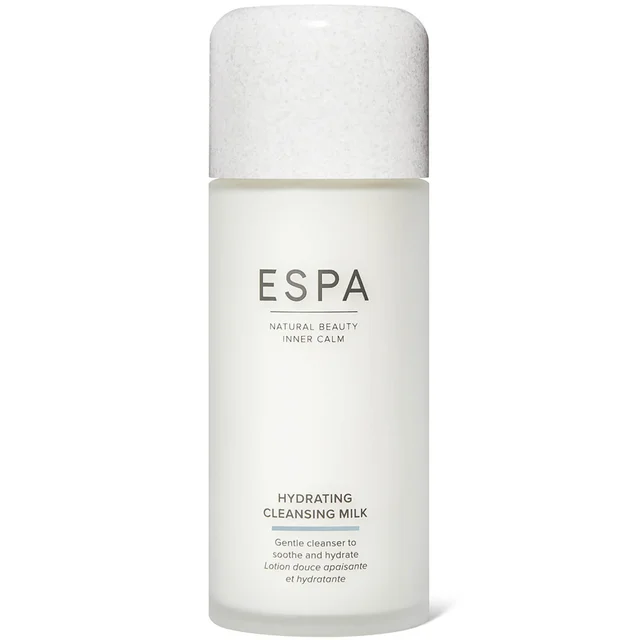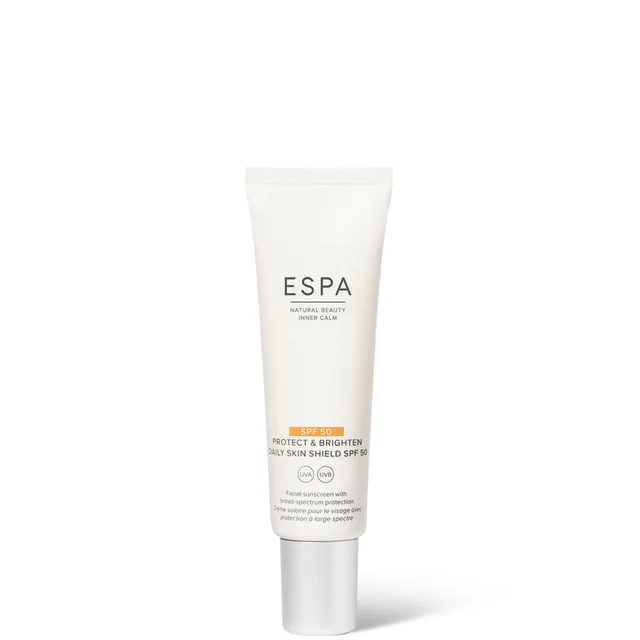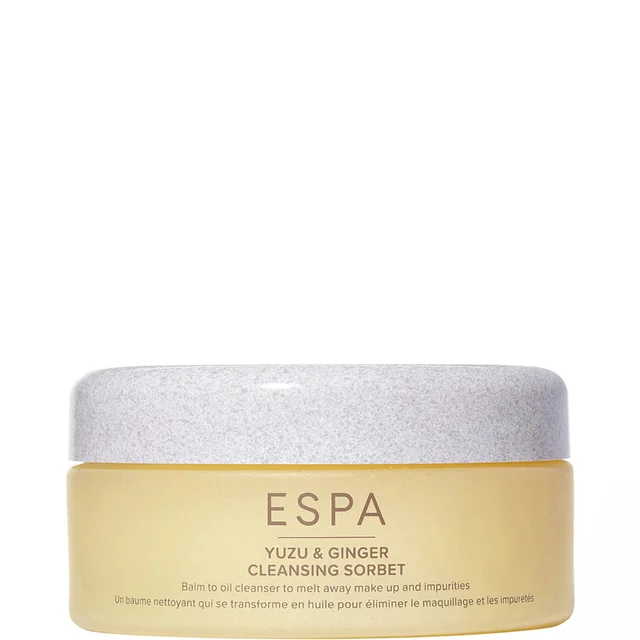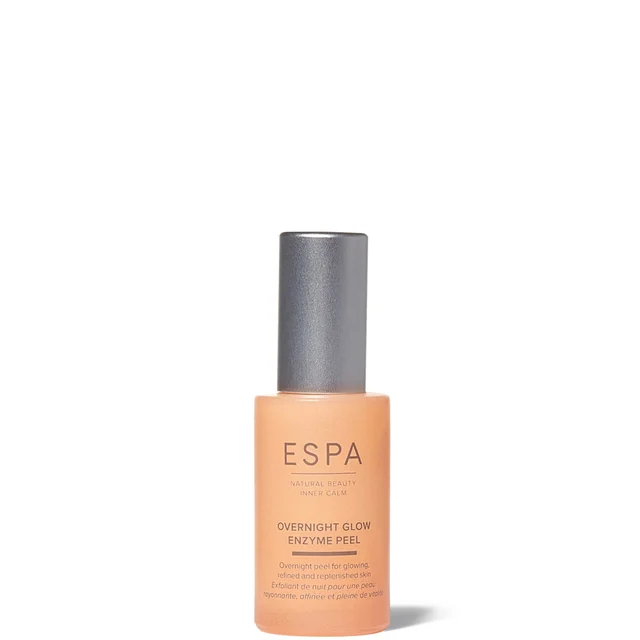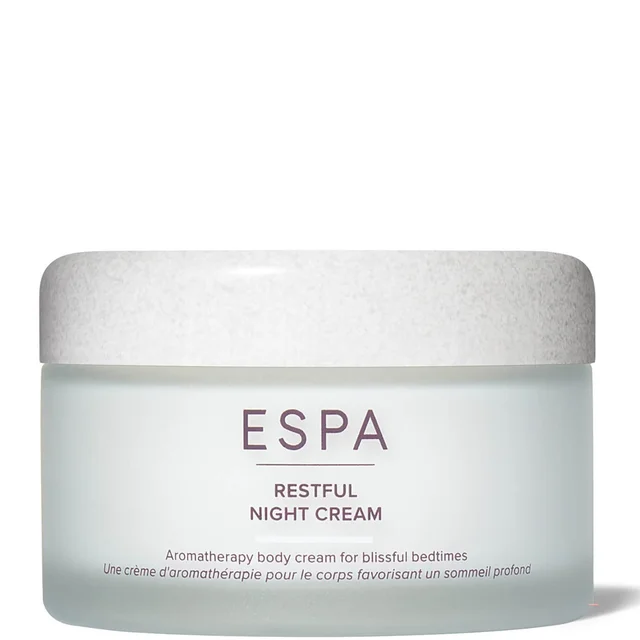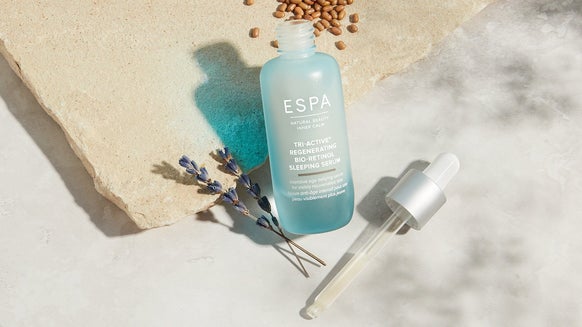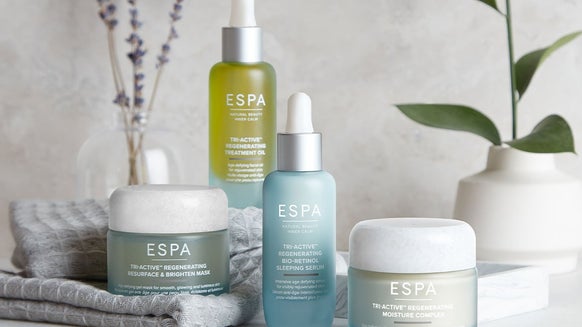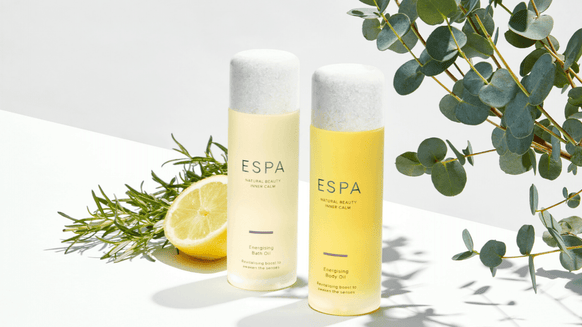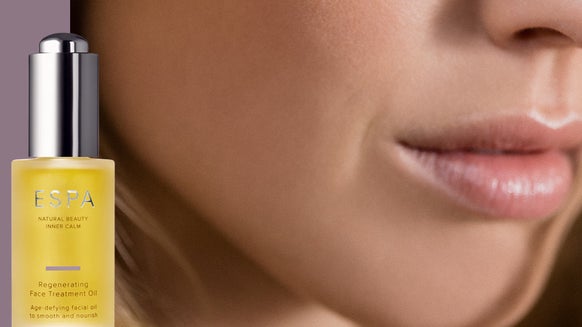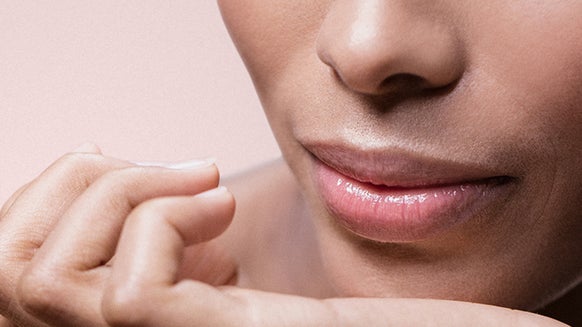Winter Skincare for Menopause: Nurturing Skin in Colder Months

Seasonal changes influence how skin looks and feels, and during menopause these shifts can feel even more pronounced. Cold weather, low humidity, and indoor heating all strip moisture from the skin, while hormonal changes already challenge hydration, firmness, and sensitivity.
At ESPA, we believe winter is the perfect time to slow down, embrace spa-inspired rituals, and cocoon both skin and senses in comfort.
Why Menopausal Skin Feels Different in Winter
During menopause, reduced oestrogen levels affect the skin’s ability to retain moisture, produce collagen, and maintain barrier strength. When combined with the colder months, this often results in:
Dryness and tightness: Cold air and central heating draw out water, leaving skin dehydrated.
Increased sensitivity and redness: A weakened barrier makes skin reactive to wind and temperature changes.
Itchy skin in menopause: Dry air and hormonal changes make itchiness more common.
Loss of firmness and glow: Reduced circulation and collagen lead to dullness and lack of elasticity.
Spa-Inspired Winter Skincare Rituals
Taking time for spa-level self-care helps the skin and mind adapt to seasonal stressors.
Morning Ritual
Gentle Cleanse: Swap foaming cleansers for creamy or oil-based formulas to avoid stripping skin.Layer Hydration: Apply a hydrating essence or serum with hyaluronic acid to lock in water.Nourish & Protect: Choose a moisturiser rich in ceramides and plant oils to cushion skin against the elements.SPF Shield: UV rays remain present in winter. Daily protection helps prevent pigmentation and premature ageing.
Evening Ritual
Double Cleanse: Remove impurities with a balm or oil, followed by a gentle milk cleanser.Exfoliate Mindfully: Use mild acids or enzymes 1–2 times weekly to smooth without irritation.Replenish: Massage in a face oil with nourishing botanicals such as rosehip or evening primrose.Comforting Cream: Finish with a rich night cream to support repair while you sleep.
Add spa-like touches:a warm bath infused with soothing essential oils, a calming scalp massage, or layered body oils to lock in moisture after bathing.
Ingredients to Support Winter Skin
The right ingredients bring both comfort and results, helping menopausal skin stay balanced in harsh conditions:
Ceramides and squalane: Ceramides are fats that act like glue between skin cells, keeping moisture inside and irritants out. When they drop during menopause, the skin barrier weakens. Squalane, made from plants, mimics skin’s natural oils and fills in the gaps. Together they make the skin feel soft, supple, and protected.
Hyaluronic acid and glycerin: These ingredients work like sponges. They pull water into the skin and hold it there, helping fine lines look smoother and keeping skin hydrated even in dry air.
Peptides: Peptides are small protein fragments that tell skin cells to make more collagen and elastin. This helps the skin feel firmer and reduces sagging or dullness caused by hormone changes.
Vitamin C and E: These antioxidants protect skin from pollution and temperature stress. Vitamin C brightens and supports collagen, while vitamin E calms irritation and helps seal in moisture.
Rosehip oil: Packed with fatty acids and vitamin A, this oil smooths rough texture and supports skin renewal. It also helps skin look brighter and healthier.
Evening primrose oil: Naturally rich in gamma-linolenic acid (GLA), this oil soothes dryness and redness, restoring softness and elasticity.
Essential oils of rose, lavender, and geranium: Rose nurtures sensitive skin, lavender calms irritation, and geranium balances oil levels. Their natural aromas also ease tension and bring a sense of wellbeing.
These ingredients, paired with mindful application, transform daily care into a spa ritual.
Lifestyle Tips for Colder Months
Skincare is most effective when supported by lifestyle choices that protect skin and body:
Humidify indoor air: Counteract central heating by using a humidifier or placing bowls of water near radiators.
Stay hydrated: Herbal teas, warm water with lemon, and hydrating foods like soups and stews all support skin health.
Balanced nutrition: Focus on omega-rich foods (flaxseed, walnuts, oily fish), protein to maintain collagen, and colourful vegetables for antioxidants.
Vitamin D support: Sunlight is scarce in winter, and supplements can help maintain bone and skin health during menopause.
Mindful movement: Yoga, Pilates, or walking boost circulation, ease stiff joints, and support mood.
Sleep rituals: Create a calm bedtime routine with aromatherapy oils, journaling, or breathwork to promote rest.
Stress management: Meditation, journaling, or a mindful bath ritual can reduce cortisol, which otherwise impacts skin resilience.
Together, these practices nourish body, mind, and skin, helping you feel more balanced through the season.
FAQs
Why does my skin feel more sensitive in winter?
Hormonal shifts reduce barrier strength, and cold air compounds the effect. Protective creams and oils cushion skin against temperature changes.
Is SPF really necessary in winter?
Yes. UV rays can penetrate clouds and glass, contributing to ageing and pigmentation all year round.
How do I soothe itchy menopausal skin in winter?
Choose lipid-rich creams and body oils, applied directly after bathing to lock in hydration.
The ESPA Approach
Winter is a time to pause, cocoon, and restore. Through soothing textures, natural actives, and calming aromatherapy, ESPA’s menopause skincare collection offers comfort and balance when skin feels most vulnerable. Explore more guidance in our blog: Essential Menopause Skincare Tips for Skin and Wellbeing.
Shop This Post

